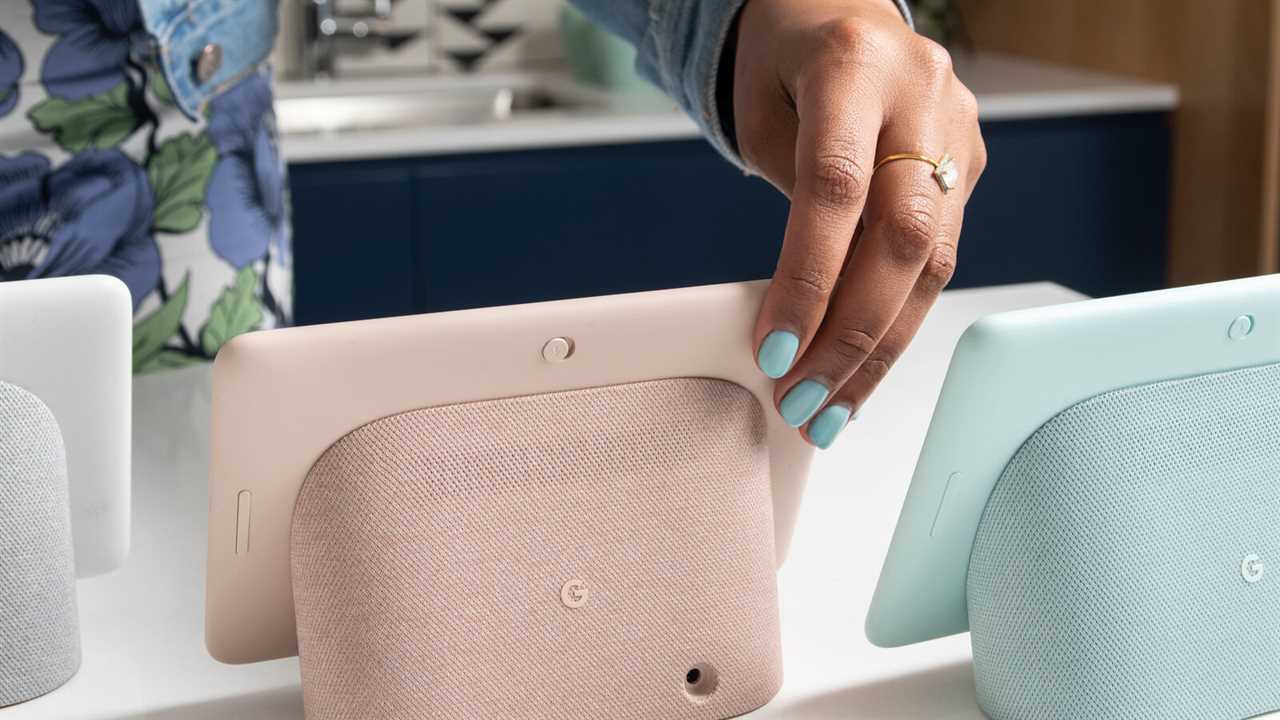
OAKLAND, Calif. — Google infringed on audio technology patents held by the speaker manufacturer Sonos and it is not allowed to import products that violate Sonos’s intellectual property into the United States, a trade court ruled on Thursday.
The United States International Trade Commission, a quasi-judicial body that decides trade cases and can block the import of goods that violate patents, issued its final ruling on Thursday, closing a two-year investigation into the intellectual property dispute.
The matter will now go to a presidential review. The commission determined that Google had violated the Tariff Act of 1930, which aims to prevent unfair competition through actions such as the import of products that infringe on U.S. patents, trademarks or copyrights. The commission also issued a cease-and-desist order against Google.
The final ruling follows a preliminary finding by a commission judge in August that Google had infringed on Sonos’s patented speaker technology and that it should not be allowed to import products that violate Sonos’s intellectual property. After that initial ruling, the full commission met to consider whether to accept or overturn that decision.
Sonos had asked the trade commission to block imports of Google products that the speaker company says infringes on its patents. They include Google Home smart speakers, Pixel phones and computers, and Google’s Chromecast streaming video device. Those items are made in China and shipped to the United States.
With technology conglomerates under scrutiny from regulators and politicians, smaller rivals are challenging the business practices of the industry’s biggest companies in court. Epic Games, creator of the popular Fortnite game, filed a lawsuit against Apple and Google over App Store commissions. Facebook, now renamed Meta, was sued in November by a now-defunct photo-sharing app called Phhhoto, which asserted that Facebook violated antitrust laws.
Sonos has claimed that it shared details of its technology with Google starting in 2013 when the two companies started working together. Initially, Google was not a competitor, but the company started moving into Sonos’s space — first with a small device to stream music in 2015 and then its Google Home speaker in 2016.
Sonos said Google was violating more than 100 of its patents and proposed a licensing deal to Google. The two companies were unable to reach an agreement.
Sonos also has two pending patent infringement lawsuits against Google in federal court. The first case, filed in January 2020 in U.S. District Court in Los Angeles, is stayed pending the International Trade Commission decision since they involve overlapping patents. A second case before the U.S. District Court in San Francisco is proceeding, involving a different set of patents.






